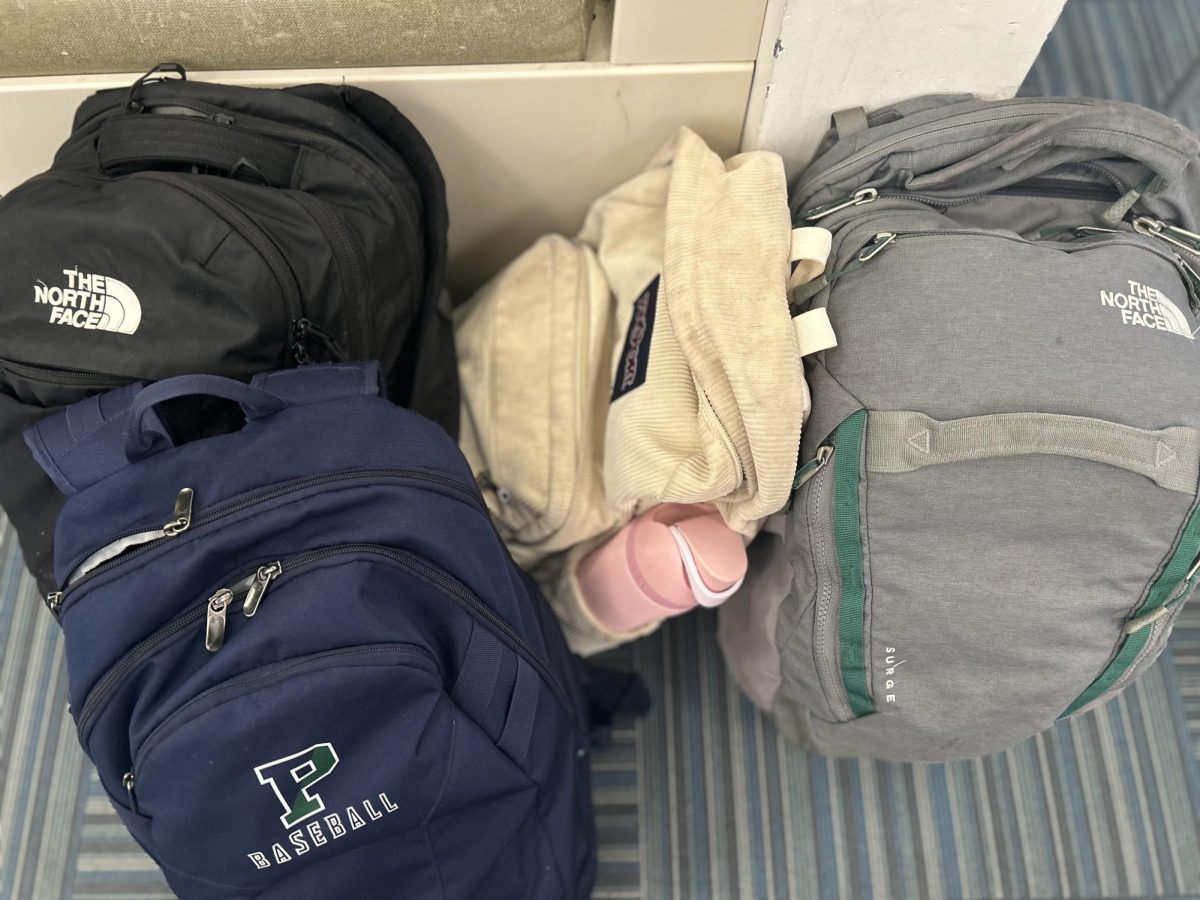As with the debut of the calculator, the Internet, and the smartphone, AI has opened a new frontier in the world of technology. AI, and the ChatGPT software specifically, have redefined how people think of authenticity and the boundaries of technological innovation.
Most of us are captivated by how a program can craft a persuasive essay, produce an advanced line of code, and write a fleshed-out TV episode all in the blink of an eye. However, beliefs, reviews, and predictions regarding ChatGPT since its release in December 2022 have been mixed. Some see its potential, while others recognize it as a threat to societal stability and integrity. Ultimately, there is no one correct answer as to how we should treat AI and its abilities going forward, especially when it comes to implementing it in an academic setting.
Here at Pingree, the conversation has been ongoing. I had the opportunity to sit down with Dr. C, Mr. McCollom, and Ms. Brown to get a better understanding of Pingree’s teacher and administrative perspective on ChatGPT.
To begin, I wanted to give ChatGPT a test drive for this project. Before carrying out my interviews, I plugged the following prompt into ChatGPT: “I’m generating interview questions for teachers about ChatGPT. What are some good ones?” It produced 15 open-ended questions in mere seconds. The one I settled on was: “What is your understanding of artificial intelligence, and how would you explain ChatGPT to students with little or no background in the field?”
Mr. McCollom characterized ChatGPT as “autocorrect for your text on steroids.” Dr. C described it as a “predictive algorithm” that “can help us solve problems but is not intelligent in the sense that it has awareness,” and Ms. Brown clarified that ChatGPT is “not replicating previously written documents.”
Following this, I asked each interviewee whether or not they have incorporated AI into their classroom at this point, and, if so, what form that may take. Dr. C emphasized its “potential as a research tool,” telling me that “it’s cutting out a lot of time without preventing you from being able to actually do the nitty-gritty of what historians do.” On the other hand, he described the primary situation in which he does not want students to use AI in any capacity: generating original writing. He contended that “the only way you become a better reader and writer is by reading and writing.”
Similarly, Mr. McCollom said that while he doesn’t “love the feeling of endorsing the way [AI] exists in the first place,” he has explored its generative capabilities regarding “particular exercises and grammar sheets” as well as “art generation,” in one specific instance. Ultimately, it did not seem like either teacher had explicitly implemented ChatGPT and other AI tools into the classroom. Rather, they were more focused on its potential amid an important development process regarding the software.
In terms of the future of AI software in the academic field, I asked each teacher if they hoped the technology would start moving in a particular direction. Dr. C elaborated on his earlier points by talking about its potential as a research tool but went further in a way I found especially interesting. He hopes AI becomes utilized “as a tool for dealing with climate change,” describing that “having programming that can have a ton of data points and look it over can be really helpful.” In a similarly eye-catching manner, Ms. Brown described her view of ChatGPT and AI as a “disruptor.” She contended that “disruption can actually be a really good thing” in the field of education and that it “pushes us to generate new ideas, so we have to be thinking more creatively.” Looking at the bigger picture, Ms. Brown noted, “The existence of ChatGPT is causing the institution of education to think more about its purpose,” which she sees as a decidedly “good thing.”
But what about the impact of AI on creativity and artistic integrity? Being an English teacher, I was hoping to hear some of Mr. McCollom’s thoughts. Although he believes AI is not in a spot of true depth and nuance right now, he did describe the potential of “a dystopian version of this whole sequence, [in which] the very creation of culture is eroded and the whole process of creativity [has been] handed over to a mechanized process – who can design the best computer program.” However, he clarified that all is not lost in terms of creativity in the arts. He believes that technological advancements like ChatGPT and other AI software are “sort of inevitable,” and it is best that we “try not to be ‘sky is falling, doom and gloom’” about their future.
Ms. Brown offered some closing perspectives about how Pingree academic policies have had to adapt since the arrival of intricate AI software like ChatGPT. According to her, the school “immediately had to rewrite [its] academic honesty policy to be clear that the unauthorized use of artificial intelligence in the generation of schoolwork would be a violation.” From a learning standpoint, she emphasized the importance of teaching “students the skills to communicate their own ideas effectively and independently,” reflected in the shift of policy. From a teaching perspective, Ms. Brown mentioned the need to change homework assignments so that teachers can “better monitor that the work students are producing is their own work,” which may include changing the questions that are asked or perhaps assigning more in-class writes (as opposed to take-home assignments). In a broader sense, she emphasized that “We have to make sure the decision making is still resting with us as moral beings and not put on to the artificial intelligence” to avoid rampant academic dishonesty and a lack of cognitive consciousness.
Whether we like it or not, AI has become an important part of our current and future lives as students and educators. It is important to recognize both its flaws and advantages in order to better navigate its use. There is not one correct way to implement AI and ChatGPT into an academic setting, and there likely never will be. However, by learning about its nature, experimenting with its potential, and having conversations just like the ones above, we as a school will keep moving in the right direction.








